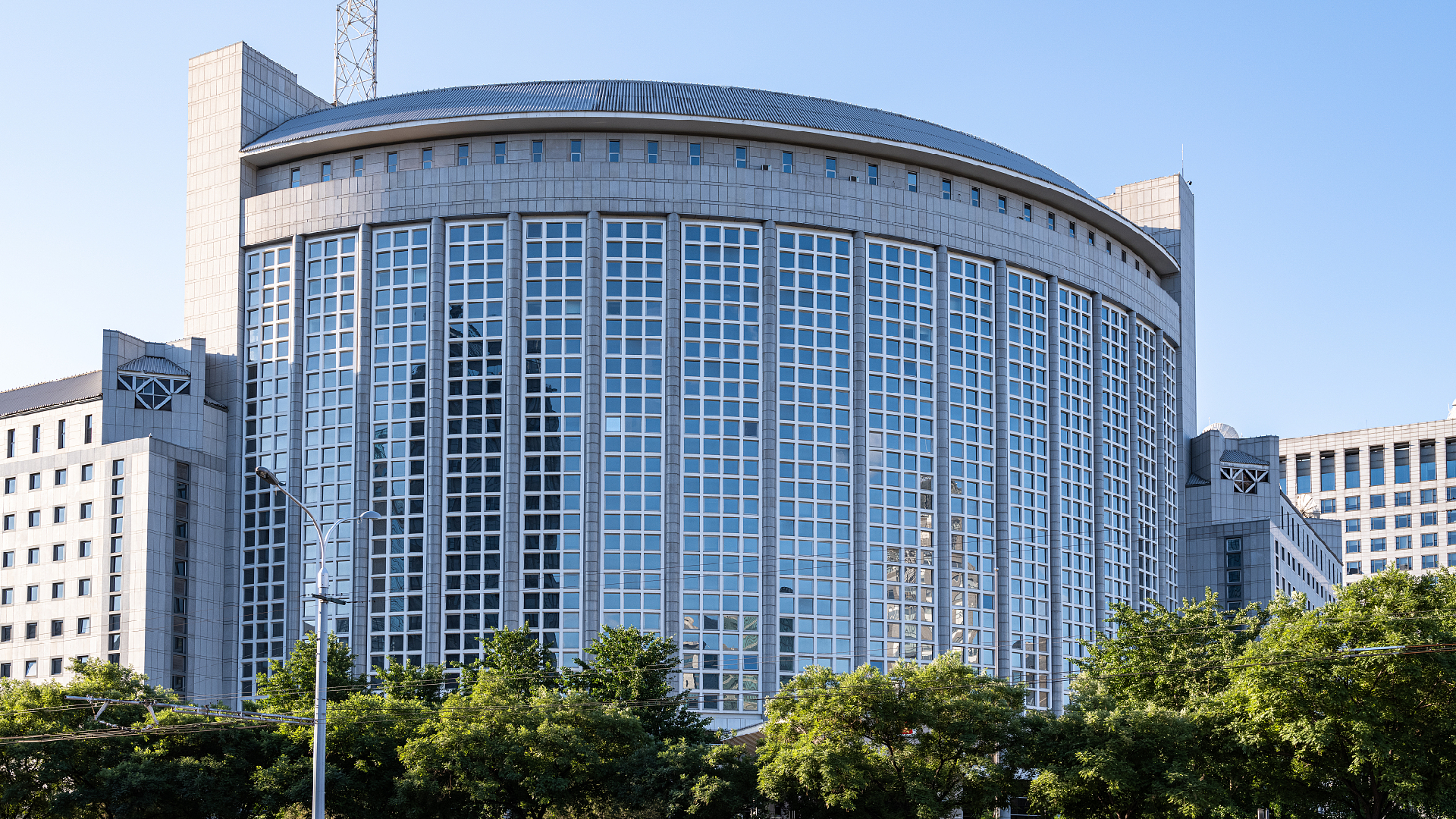China Condemns U.S. Decision to Revoke Chinese Students' Visas, Calls for Diplomatic Resolution
Chinese spokesperson condemns U.S. visa revocations for Chinese students, denouncing the move as unwarranted.

China has expressed strong opposition to the recent decision by the United States to revoke visas held by certain Chinese students, escalating tensions between the two countries on educational exchanges. On Thursday, a spokesperson from the Chinese Foreign Ministry addressed the issue during a regular press conference, issuing a pointed rebuke of the U.S. action.
Mao Ning, the spokesperson, denounced the visa revocations, describing them as politically motivated and discriminatory. “Such political and discriminatory practice of the U.S. side has exposed the lie of the so-called freedom and openness that the U.S. has always boasted of," she stated, adding that such measures would only serve to "further damage the U.S.'s own international image and national credibility."
The Chinese official further argued that by using ideology and national security as justification for its actions, the United States was harming the legitimate rights and interests of Chinese students. Mao contended that the move disrupts the normal flow of people-to-people and educational exchanges, which have long served as a bridge of communication and understanding between the two global powers.
Mao emphasized China's position, saying, "We firmly oppose this, and have made serious representations to the U.S. side." She called on the United States to abandon what she categorized as a politicized approach toward educational exchanges and to rectify its decision in order to maintain healthy relations and protect the rights of Chinese students studying abroad.
This latest development adds to ongoing diplomatic friction between China and the United States over issues of academic exchange, technology transfer, and national security. Observers note that the fate of bilateral educational ties—affecting thousands of students and scholars—remains uncertain amid mutual accusations and increasingly restrictive policies on both sides.




